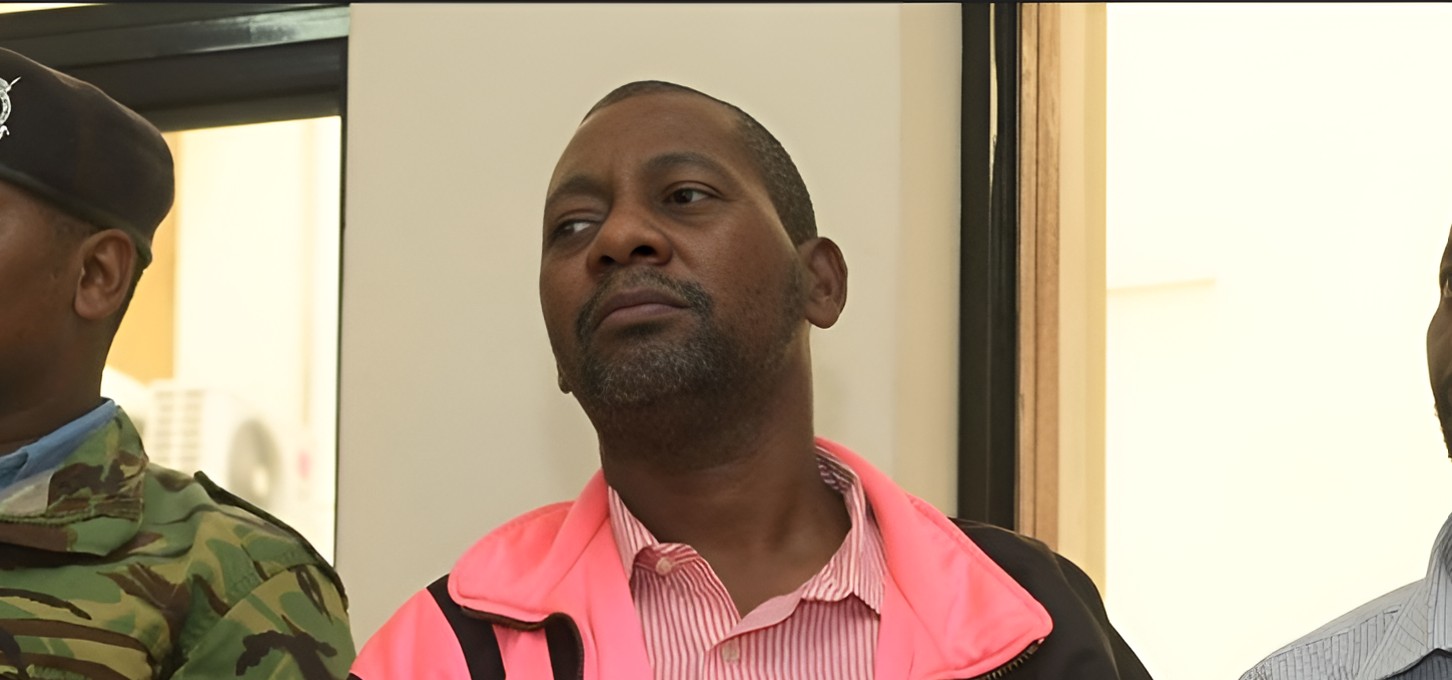Paul Mackenzie: Prison staff should stop giving me special treatment, it’s endangering my life

The self-proclaimed preacher, accused of orchestrating the deaths of more than 400 followers through extreme starvation in Shakahola, Kilifi County, expressed fears that such attention might be exploited against him.
Paul Mackenzie, the central figure in the Shakahola cult tragedy, has asked the court to order prison authorities to stop providing him with what he calls “special treatment,” insisting that the extra attention could endanger his life.
The accused told the court that he has been receiving meals and medical services without his consent, a situation he believes has created new risks for him.
More To Read
- Shakahola trial witness denies DNA evidence, insists missing children are alive
- DPP tables 88 postmortem reports in Paul Mackenzie murder trial
- Witness recounts how Paul Mackenzie’s teachings led her to quit career, reject medicine
- Shakahola witness tells court she hasn't used medicine for over 10 years as they are "satanic"
- Families recount tragic loss of children in Shakahola starvation case
- Pastor’s daughter reveals how Mackenzie led followers to death in Shakahola Forest
“I want to seek some orders from the court because they have been forcing special treatment on me. I have been surviving dangerously because they want to give me special treatment. I have seen they have found a leeway through that,” Mackenzie said on Monday.
The self-proclaimed preacher, accused of orchestrating the deaths of more than 400 followers through extreme starvation in Shakahola, Kilifi County, expressed fears that such attention might be exploited against him.
“I’m seeking an order that I should be allowed to queue with others in the block and eat where everyone is eating. I don’t want special treatment anymore. I want the court to give an order that I should not be taken to the hospital within or outside the prison without my authorisation. They might finish me on the way or give me a treatment that I don’t need,” he added.
Mackenzie, along with several co-accused, faces charges including child cruelty, torture, and preventing education, all linked to what is described as one of Kenya’s deadliest cult episodes.
During a hearing on September 18 at Tononoka Children’s Court, before Principal Magistrate Nelly Chepchirchir, emotional testimonies painted a grim picture of the impact of the cult.
Charles Adundo, an elderly grandfather, told the court how he last saw two of his grandchildren when their father took them to school. “That was the last time I saw them,” Adundo said.
Another witness, 70-year-old Felida Vugusa from Kapkerer, described the disappearance of her daughter, Sarah Khahisha, son-in-law Mulama, and their five children on a Sunday while she attended church.
She explained that Mulama opposed formal education for the children and was involved with a church she did not know much about.
Government analyst Henry Kiptoo reported that DNA profiling of 333 family samples helped identify 69 bodies from the Shakahola exhumations, including children and relatives of the accused.
Liwa Filbert, Director of the National Registration Bureau, detailed how fingerprint analysis revealed more than 35 suspects who had allegedly given police false identities.
In a further testimony, 26-year-old Khadija Wilson recounted rescuing a severely malnourished boy who had escaped. She said the child was too weak to attend school and stayed with her for four months before being placed under government care.
Top Stories Today
















































